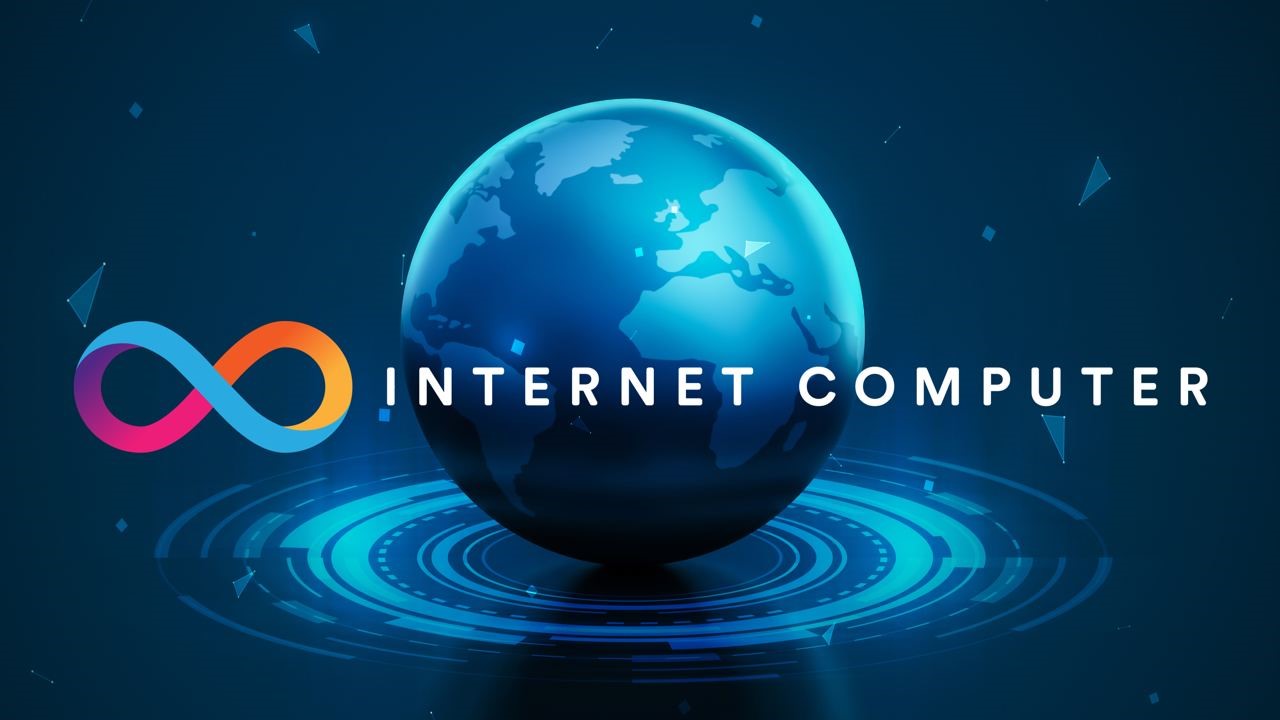Thailand, 19th Aug 2024 – The Internet Computer is championing a vision of an open internet, where “open internet services” operate fully on-chain under the governance of advanced DAOs. These Decentralized Autonomous Organizations (DAOs) empower communities with direct control and ownership, ensuring security and transparency in updates and configurations. This paradigm also democratizes access to the tech economy, allowing projects to raise funds globally. Although social networks are already functioning as open internet services, this revolution has only just begun.

The Dawn of a New Era
Imagine a world where the traditional corporate structures we know today are replaced by DAOs—entities driven by autonomous #blockchain logic, providing unparalleled efficiency, transparency, and rule enforcement without the need for courts. This vision is rapidly becoming a reality, and I believe that in just a few years, most new tech startups will be DAOs.
Why DAOs?
DAOs are more suited to our increasingly globalized and technological world. They are not only essential to the success of the entire web3 and open internet movement but also crucial for the governance of blockchain networks and web3 services. With full automation and true autonomy, DAOs are set to revolutionize various industries by providing communities with direct control and governance capabilities.
The Genesis of DAOs
To understand the significance of DAO technology on the Internet Computer, we must revisit “The DAO” project from 2016. As a pioneering decentralized venture capital DAO built on Ethereum, The DAO quickly garnered the largest crowdfunding campaign in history. Despite its flaws, The DAO marked a seminal moment in tech history, highlighting the potential and challenges of decentralized governance.
During its early days, I suggested numerous technical improvements for The DAO, focusing on algorithms rather than the centralized aspects of its design. This experience led me to develop algorithms like “Wait For Quiet” and contributed to my understanding of how to create more sophisticated DAOs.
The Evolution: Internet Computer and NNS DAO
Fast forward to today, the Internet Computer has enabled the creation of advanced DAOs through the permissionless #Network Nervous System (NNS) DAO. Integrated into the ICP protocols, the NNS allows participants to stake ICP tokens to create “voting neurons.” These neurons can vote on proposals manually or automatically by following other neurons. This system has facilitated the rapid evolution of the network, enabling 145 protocol upgrades in its first year alone.
The #NNS supports hundreds of thousands of participants who have locked substantial value into voting neurons, ensuring security and resistance to governance attacks. This robust system has proven to be a highly effective and autonomous custodian of the network.
Introducing the Service Nervous System (#SNS)
Building on the success of the NNS, the Service Nervous System (SNS) framework allows for the creation of new DAOs that fully control web3 services built from smart contracts and run on-chain. Once these services reach maturity, they can propose decentralization to the NNS, becoming true “open internet services.”
The Open Internet Dream
After full decentralization, these #web3 services operate transparently and securely, governed by their community through governance tokens. This approach mitigates issues like Big Tech centralization, lack of transparency, rug pulls, and security vulnerabilities found in cloud-based web3 services.
As part of the decentralization process, DAOs can swap their governance tokens for ICP, #Bitcoin, or #Ethereum, which are then held within the DAO and utilized according to the community’s will. This mechanism democratizes access to the tech economy, enabling entrepreneurs and engineers worldwide to raise funds and succeed regardless of their location.
A Borderless Talent Pool
Already, projects from emerging economies, such as #YRAL, are leveraging this paradigm. As this trend accelerates, it will unleash a global talent pool, breaking down geographical barriers and fostering innovation worldwide.
The Internet Computer and its advanced #DAO framework represent the future of decentralized governance and open internet services. By empowering communities with direct control and democratizing access to the tech economy, DAOs are set to transform our world, making it more transparent, efficient, and inclusive.
About SynergyLabs
SynergyLabs is Thailand’s official Internet Computer Protocol (ICP) Hub, dedicated to pioneering advancements in blockchain and AI technologies. By providing education, resources, and support to individuals and businesses, SynergyLabs aims to empower the next generation of digital innovators. The company offers comprehensive programs, including developer grants and an accelerator program, to foster a vibrant and engaged blockchain community. With a mission to demystify blockchain technology and facilitate its practical applications, SynergyLabs is at the forefront of Thailand’s digital transformation.
To learn more about SynergyLabs and get involved in their initiatives, be sure to visit their website, follow them on X (formerly Twitter) and stay tuned for their upcoming events. The new era of the internet has begun—now is the time to join it!
Media Contact
Organization: ICP Hub Thailand SynergyLabs
Contact Person: ICP Hub Thailand SynergyLabs
Website: https://synergylabsthmy.com/
Email: Send Email
Country: Thailand
Release Id: 19082415903
The post Welcome 3rd Generation DAOs and Open Internet Services appeared on King Newswire. It is provided by a third-party content provider. King Newswire makes no warranties or representations in connection with it.
Disclaimer: The views, suggestions, and opinions expressed here are the sole responsibility of the experts. No Economy Prime journalist was involved in the writing and production of this article.